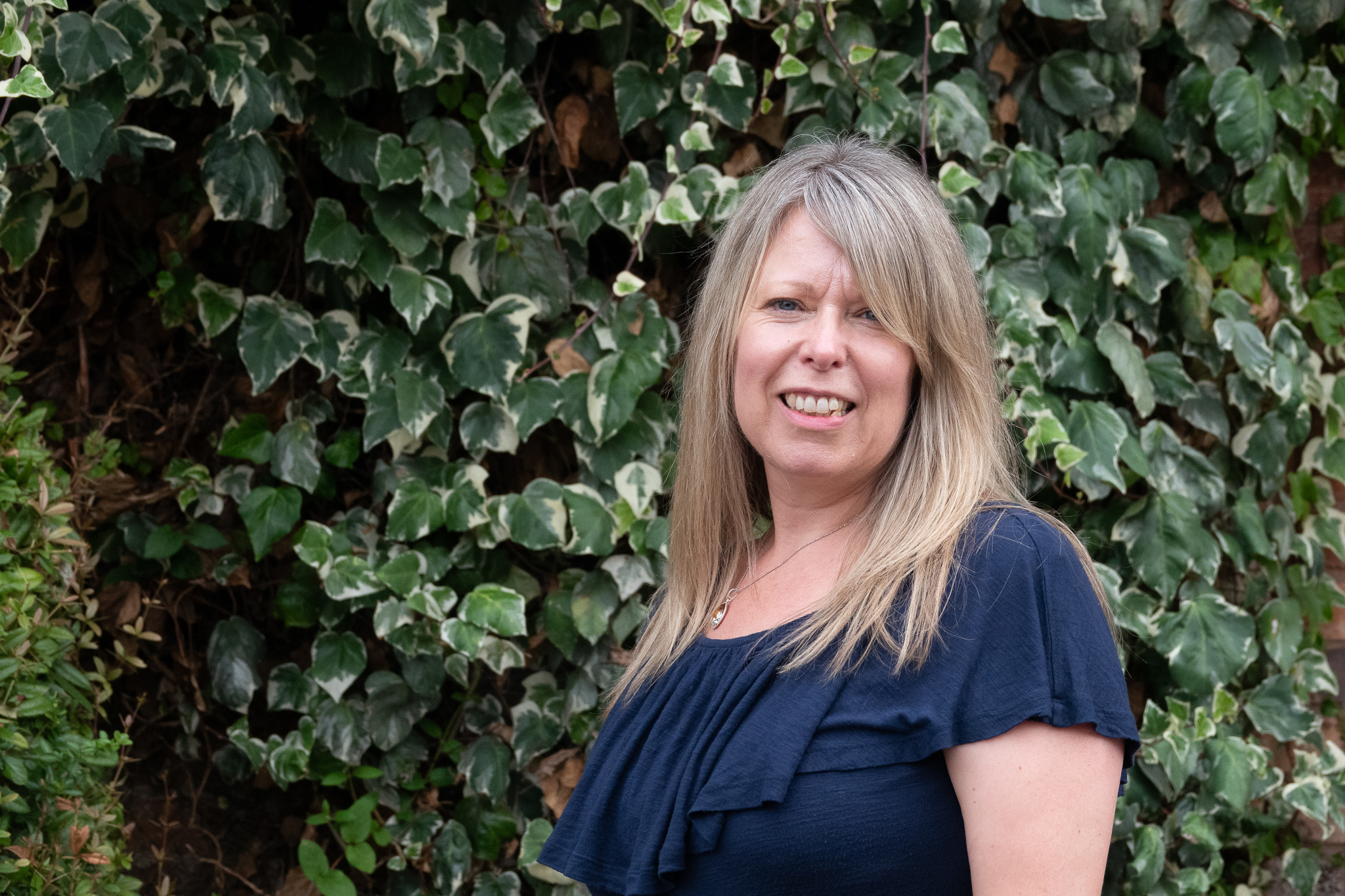
Diocesan Counselling Service
Below you will find details of the Diocesan Counselling Service available to clergy and licensed lay workers and ministers in the Diocese, as well as to their spouses and dependent children, a service subsidised from the Bishop of Worcester's discretionary fund.
Counselling can bring great benefit when we feel hard pressed by personal or ministerial circumstances. If you feel it might be of help to you should be in touch, in the first instance, with the Bishop's Adviser in Pastoral Care and Counselling, Kim Lennard. The identity of those using the service is confidential to Kim, the counsellor concerned and the people themselves.
Who is the counselling service for?
The counselling service provides emotional and psychological help for clergy, their spouses/partners, adult dependants (18+), licensed lay ministers (Readers), full time lay workers, diocesan employees and recommended Ordinands. In exceptional cases others may be eligible; please contact Kim Lennard for details.
What is counselling?
Counselling offers a confidential relationship with a qualified and experienced person (who has no other role in a client's life) through which to explore personal issues and values, increase self-awareness, facilitate personal growth and develop new ways of addressing problem areas of life.
Some of the kinds of issues which people bring to counselling are:
- anxiety and panic attacks
- depression
- bereavement and loss
- difficulties in relationships, both personal and professional
- sexuality
- the pressure and stresses of ministry
- suicidal thoughts and feelings
- transitional life events or crises
It is important to stress that you do not need to be in crisis to seek or benefit from counselling. Seeking help is not a sign of weakness, rather it signifies courage and maturity.
The counselling team
The Bishop of Worcester appoints and finances the work of an Adviser in Pastoral Care and Counselling whose primary role is to co-ordinate the Diocesan Counselling Service. The Adviser also holds a wider brief for the well-being of clergy and is involved in other initiatives which aim to support clergy in their personal and ministerial development.
The Worcester Diocesan Counselling Service is co-ordinated by Kim Lennard In the first instance, she should be contacted and will offer an exploratory consultation to determine whether counselling will be appropriate or whether some other kind of help may be more suitable. Find Kim's contact details at the bottom of this page.
Normally, he would then refer a client to one of a team of counsellors who are geographically spaced around the Diocese and who hold a range of expertise between them for work with individuals, couples and families.
Counsellors work on a self-employed basis. They are trained to a minimum of diploma level, are supervised in their work, and hold their own professional indemnity insurance. Every counsellor has an understanding and awareness of the Christian faith, the context in which clergy work and the particular difficulties which can arise from this.
All counsellors subscribe to the British Association for Counselling and Psychotherapy Code of Ethics and the Adviser subscribes to the ethical code of the British Psychoanalytic Council.
What does counselling cost?
The counselling service is normally able to offer up to 12 sessions. The first six are free; every client discusses with their counsellor whether they can make a contribution towards the second group of sessions.
Confidentiality
This is crucial to the effectiveness of the counselling relationship. Client identity is known only to the Adviser and the counsellor to whom they are referred. This respects privacy and establishes trust.
It is only in exceptional circumstances that it may be appropriate to break confidentiality if a client is at risk of serious harm to themselves or another; in such rare circumstances the counsellor would still, if at all possible, discuss this with the client.
Supervision
Clergy who are interested in thinking about their work in a reflective confidential space but do not wish to join a group can access individual supervision through the Diocesan Counselling Service. Please contact Kim Lennard for more details.
About Kim Lennard
 Kim is a psychotherapist and describes herself as having an integrative and holistic approach to her work. She has had her own private practice since 2018 and has also held paid employment roles and worked on a voluntary basis in a number of sectors. Kim has previously worked for West Midlands Police, firstly as a HR Manager, then as an Employee Support Manager.
Kim is a psychotherapist and describes herself as having an integrative and holistic approach to her work. She has had her own private practice since 2018 and has also held paid employment roles and worked on a voluntary basis in a number of sectors. Kim has previously worked for West Midlands Police, firstly as a HR Manager, then as an Employee Support Manager.
Kim is passionate about the need to provide clergy and their families with the support they may need, whether this be in the form of counselling or pastoral care. Kim appreciates how important it is for the counselling service to be approachable but to also be separate from the organisation and to retain the strictest of confidence so clergy and their families can feel safe in the knowledge that whatever is brought into the therapy space is contained there.
Read more about Kim's appointment
Contact Kim via email or on 07305 269960.